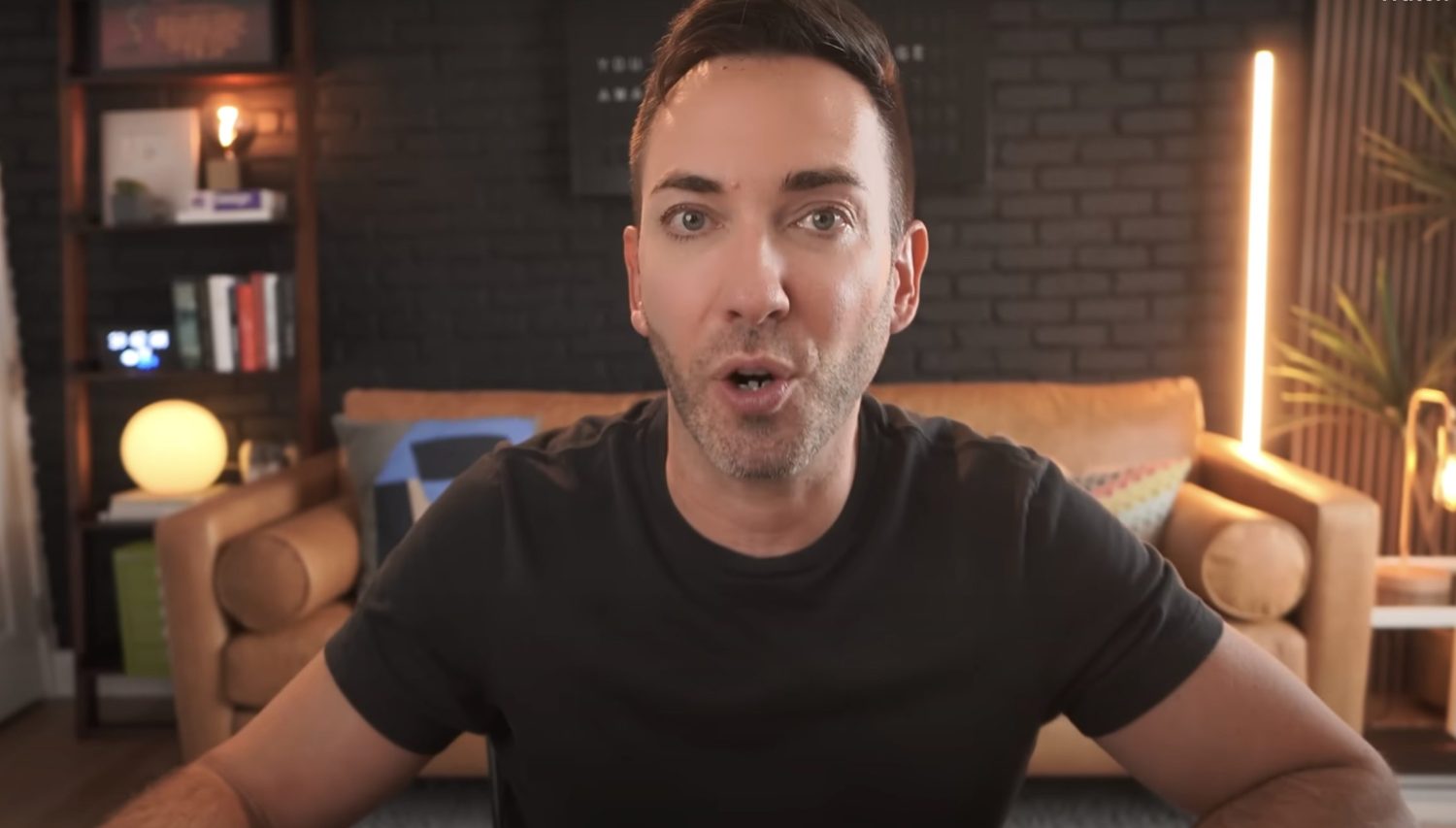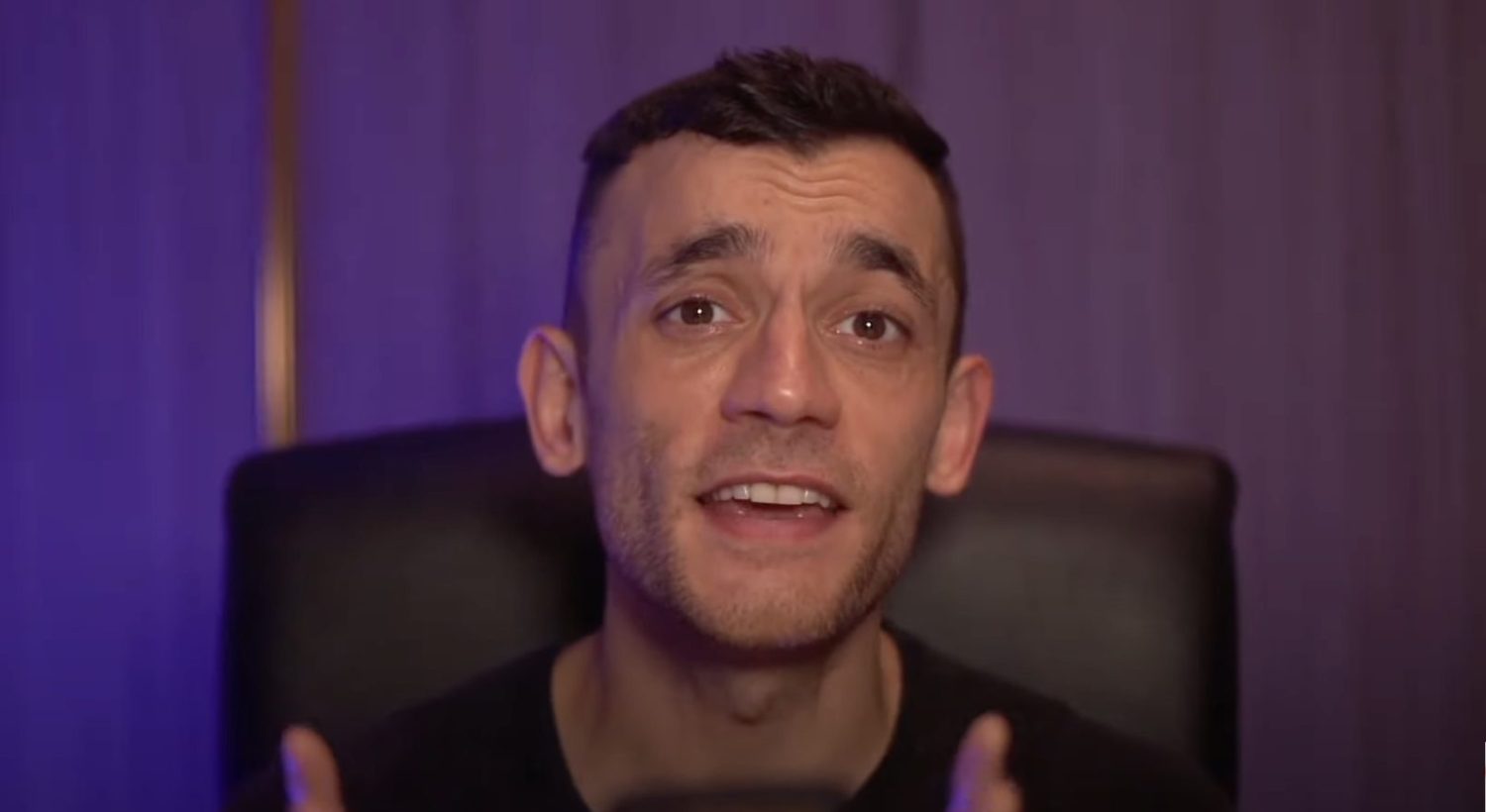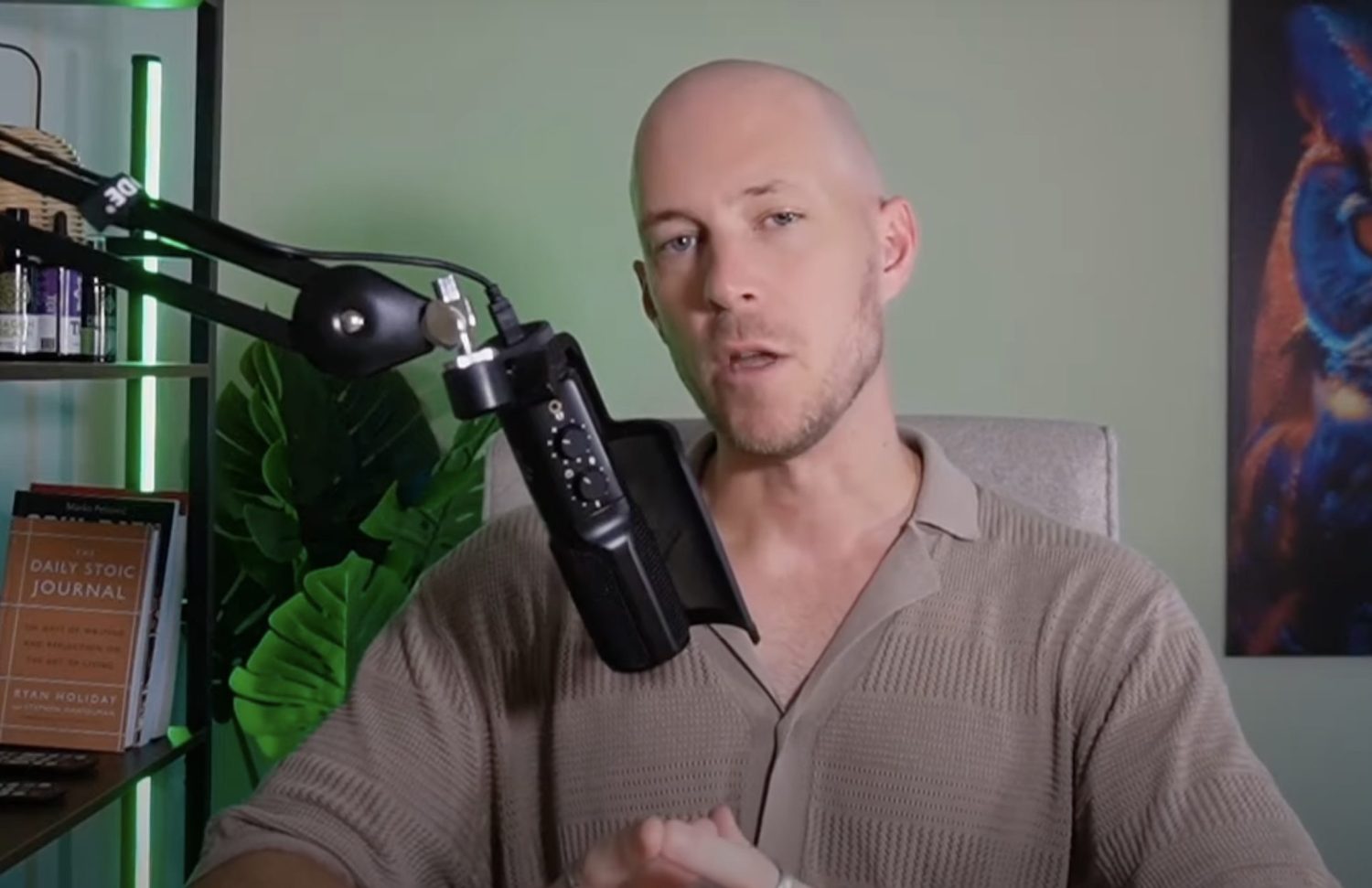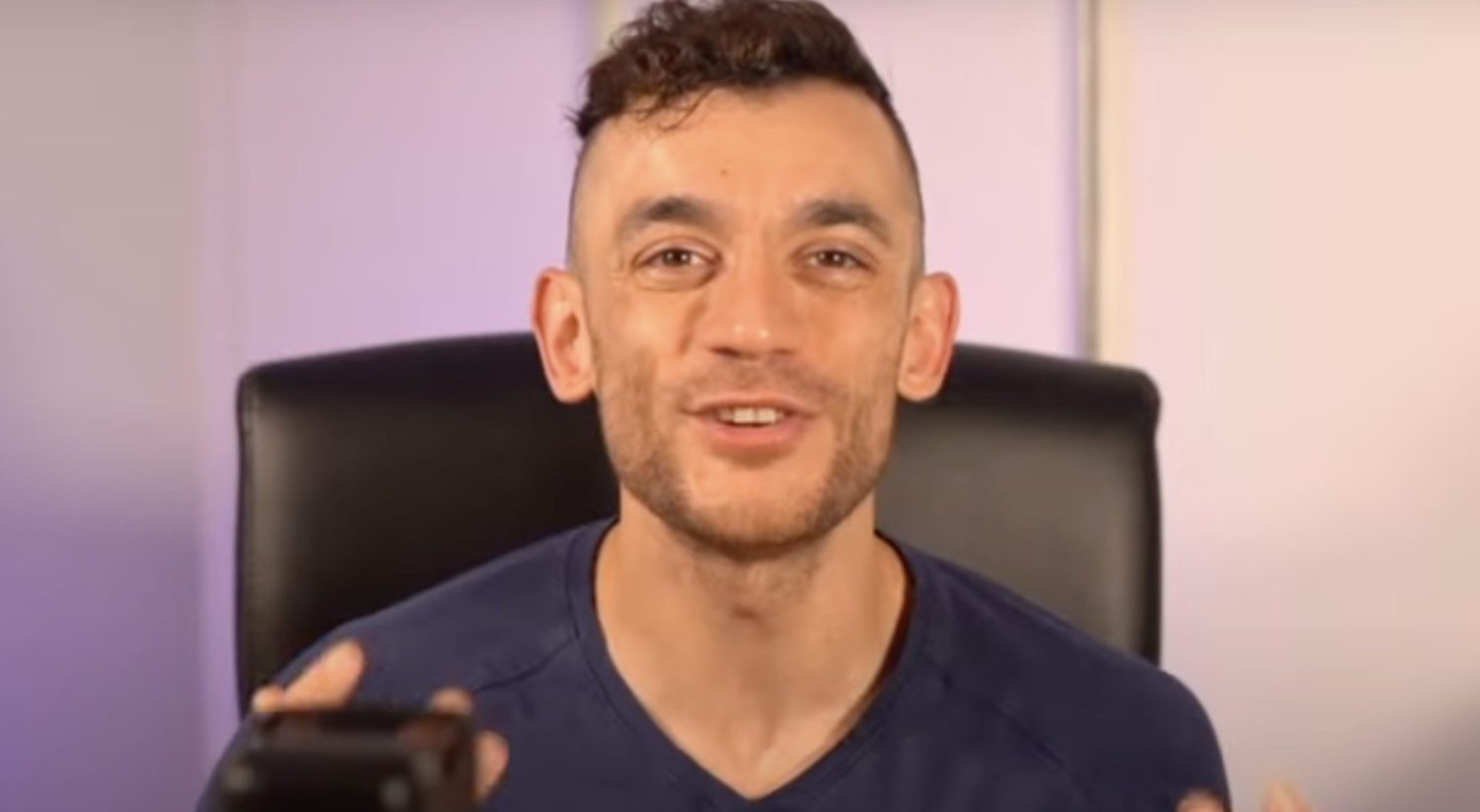The anticipation surrounding OpenAI’s Sora has been electric, but as someone involved in AI developments, I can’t help but question its timing. While Sora promises to transform text into stunning videos, the competition has changed dramatically since its initial preview, raising questions about its market position. I started to think about this more after I watched a video from Two Minute Papers explaining why they believe Sora’s AI is behind the competition. Here’s why.
The competition isn’t standing still. Luma Labs offers budget-friendly options, while Runway delivers premium quality results. These alternatives aren’t just promises – they’re available right now. This leads to why Sora’s AI is behind and in a challenging position before it even reaches widespread availability.
The Current State of Sora
Having experienced Sora firsthand more than six months ago, I can attest to its impressive capabilities. The system demonstrates remarkable strengths in several areas:
- Exceptional human animation and movement rendering
- Complex scene generation with multiple elements
- Advanced object interaction and physics simulation
- Sophisticated environmental effects and lighting
However, the system isn’t without its flaws. Object permanence remains a challenge – watch closely, and you’ll notice Golden Retrievers morphing into different dogs mid-scene, breaking the illusion of continuity.
Four Game-Changing Features
Despite these challenges, Sora introduces several revolutionary capabilities that could set it apart:
- Remix Functionality: Users can selectively modify specific elements within a scene while maintaining overall consistency. Want to change just the doors or interior? It’s possible with precise control.
- Recut Options: The ability to select and combine specific segments offers unprecedented editorial control over AI-generated content.
- Blending Capabilities: Merging different video elements creates stunning combinations, like snowflakes dancing with flower petals.
- Style Preservation: Users can save and reapply specific visual styles, ensuring consistency across projects.
The Price of Innovation
The current implementation through ChatGPT Plus and Pro subscriptions comes with significant limitations. The demand has been so overwhelming that OpenAI temporarily disabled new signups. While this demonstrates clear market interest, it also highlights accessibility concerns.
This is just Sora version 1. This is the worst version of it, if you will. Imagine what the 3rd version will look like.
My analysis suggests we’re less than a year away from achieving similar quality with local models, potentially at no cost. The democratization of this technology appears inevitable, though the timeline remains fluid.
Looking Ahead
The rapid evolution from basic AI-generated images to sophisticated video creation represents a monumental leap forward. The technical challenges are significant – maintaining frame-to-frame consistency while avoiding visual artifacts requires incredible computational precision.
The future implications are staggering. We’re moving toward a world where anyone can become a film director, where visual storytelling becomes accessible to all. This democratization of video creation could reshape entertainment, education, and communication. While Sora’s AI is behind the current competition, they can still make necessary changes to help their market position.
Frequently Asked Questions
Q: How does Sora compare to existing video AI tools?
While Sora shows superior quality in many aspects, competitors like Runway and Luma Labs offer immediate accessibility with varying quality levels. Sora’s main advantages lie in its advanced features like remix and style preservation capabilities.
Q: When will Sora be widely available?
Currently, Sora is available through ChatGPT Plus and Pro subscriptions with usage limitations. However, similar capabilities might become available through local models within a year.
Q: What are the main limitations of Sora?
The primary challenges include object permanence issues, where objects may change appearance during scenes. Additionally, the current version struggles with creating seamless looping videos.
Q: Is the high cost of Sora justified?
While the current pricing may seem high, the advanced features and quality justify the cost for professional users. However, as technology advances, similar capabilities will likely become more affordable or even free through local processing.








